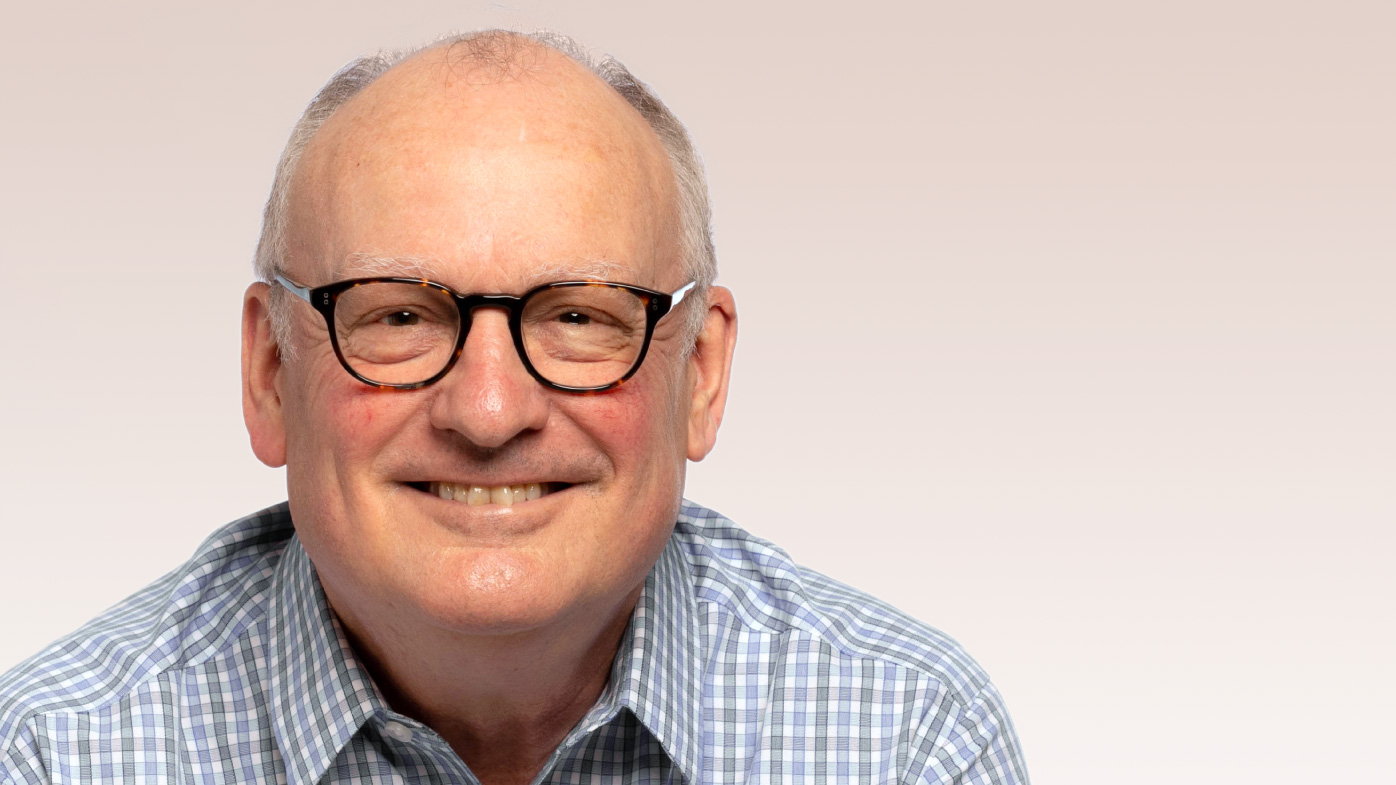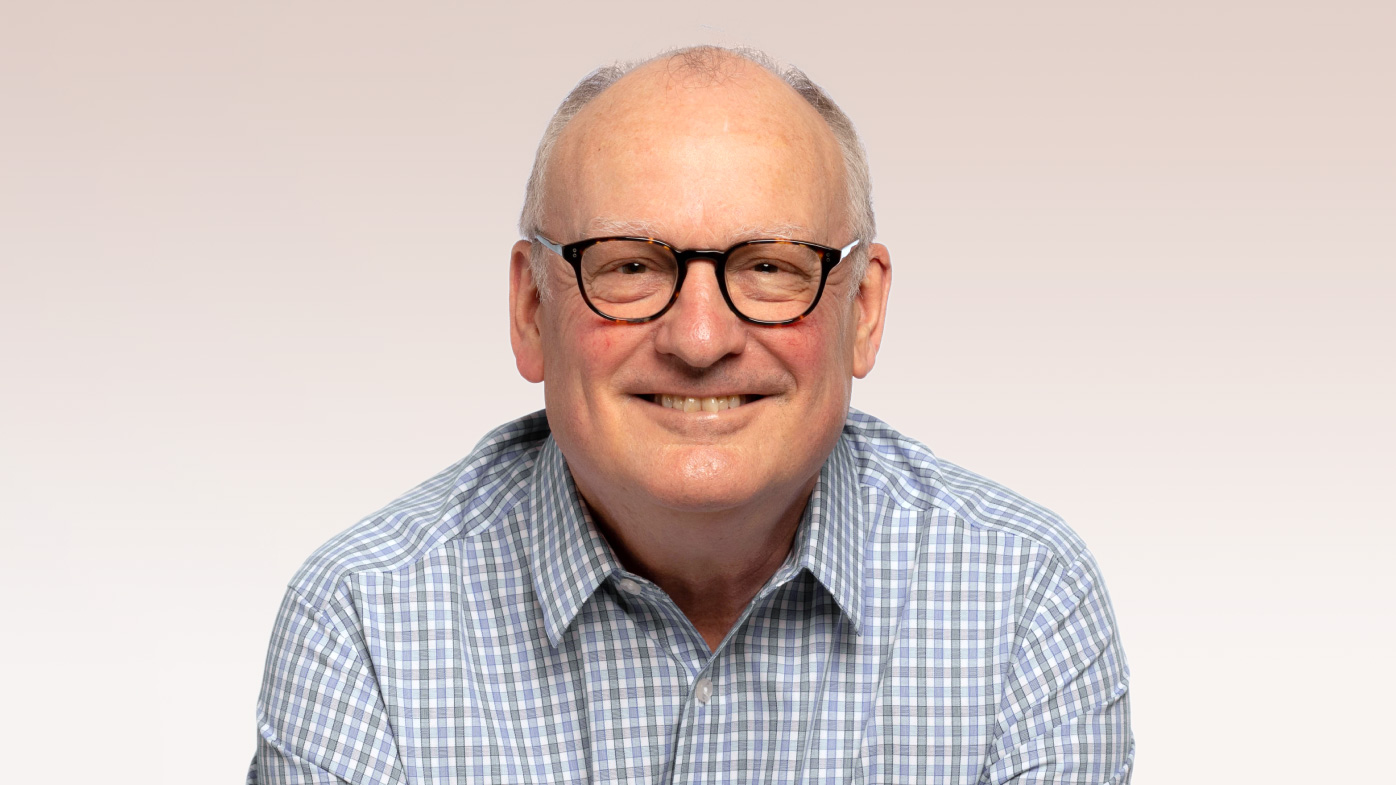Richard Hargreaves - Bristol Myers Squibb Featured Researcher

Richard Hargreaves, PhD
Senior Vice President, Neuroscience Thematic Research Center
Central New Jersey
Biography
Richard Hargreaves, PhD, serves as senior vice president of Bristol Myers Squibb’s Neuroscience Thematic Research Center. In his current role, Richard is working to build and expand Bristol Myers Squibb’s neuroscience pipeline. By collaborating with specialty biotech and academic partners across the neuroscience field, as well as utilizing Bristol Myers Squibb’s expertise in proteomics, protein homeostasis, inflammation and immunology, Richard and his team are working to discover and develop treatments for patients living with neurodegenerative diseases.
“Our work is centered around patients with neurodegenerative diseases such as Alzheimer’s, Parkinson’s, Huntington’s and Lou Gehrig’s disease, where there are currently no therapies that can halt or slow disease progression,” he said. “Not only are these diseases terrible for patients but they impact caregivers as well. The possibility to create an impact in any of these diseases would be an amazing contribution and that's what energizes me to continue to push our program forward.”
In addition to biotech and academic research partners, Richard is also committed to partnering with key advocacy organizations, to ensure the patient voice and perspective are being fully heard in industry research.
Prior to joining Bristol Myers Squibb by way of Celgene, Richard led teams that advanced neuroscience research at other large pharmaceutical companies. He earned his bachelor’s degree, as well as his PhD in physiology, from Chelsea and Kings Colleges in London University in the United Kingdom.
Interests and Expertise
Richard serves on the board for Target ALS and on the scientific advisory board for the Silverstein Parkinson’s Disease Foundation. He has published more than 200 journal articles and has been recognized with awards from the American Society for Clinical Pharmacology and Therapeutics (ASPCT) for his work on central nervous system discovery imaging, and the British Pharmacological Society’s Sir James Black Award for Drug Discovery.
When Richard isn’t working, he enjoys traveling and spending time with his family. At home, Richard enjoys tending to his garden and watching soccer and rugby.
